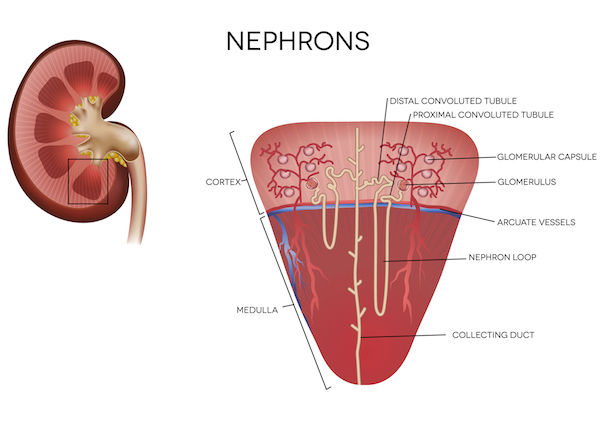
THURSDAY, Oct. 28 (HealthDay News) — Elderly kidney failure patients in the United States are twice as likely to get a kidney transplant as they were in the mid-1990s, although the likelihood is still low, a new studyfinds.
About half a million people in the United States have kidney failure, and 48 percent of them are 60 or older.
The study, published in an upcoming issue of the Clinical Journal of the American Society of Nephrology, included kidney failure patients, aged 60 to 75, listed in the national Renal Data System between 1995 and 2006.
In 2006, these elderly patients had a 7.3 percent chance of getting a kidney transplant within three years of their first treatment for kidney failure. That rate was two times higher than in 1995.
The researchers noted that elderly kidney failure patients now have greater access to kidneys from living donors and older deceased donors, and are less likely to die while waiting for a transplant.
Elderly kidney failure patients should consider transplantation over other types of treatment, suggested the study authors.
“Early engagement and education of patients and their families about the benefits and opportunities for transplantation may lead to further increases in the use of … transplantation in this age group,” they wrote in a news release from the American Society of Nephrology.
“Policy changes and research are also needed to further expand access to transplantation in the elderly,” they added.
More information
The National Kidney Foundation has more about kidney transplant.

